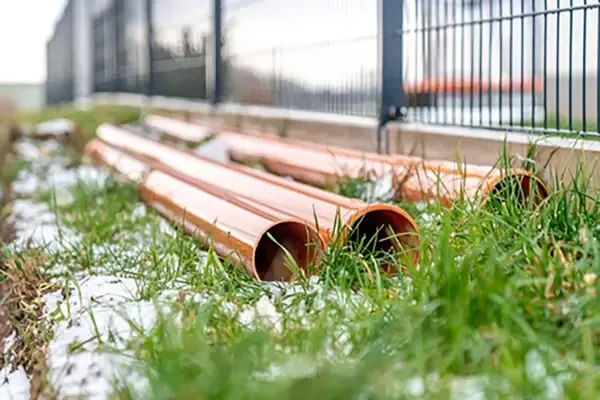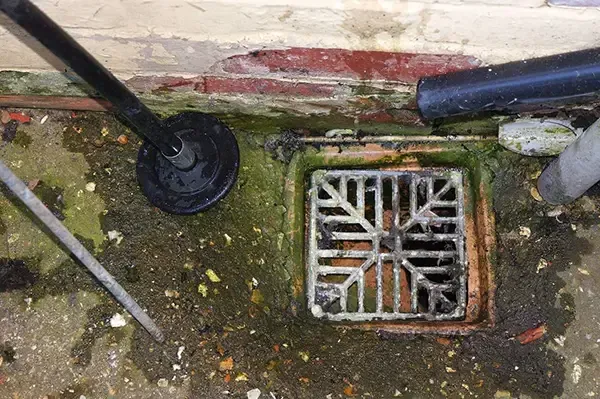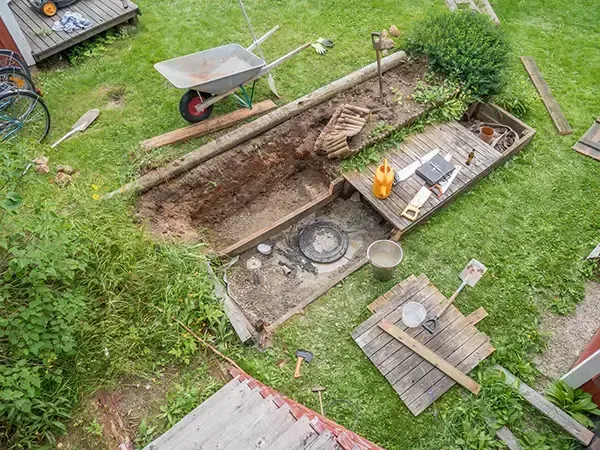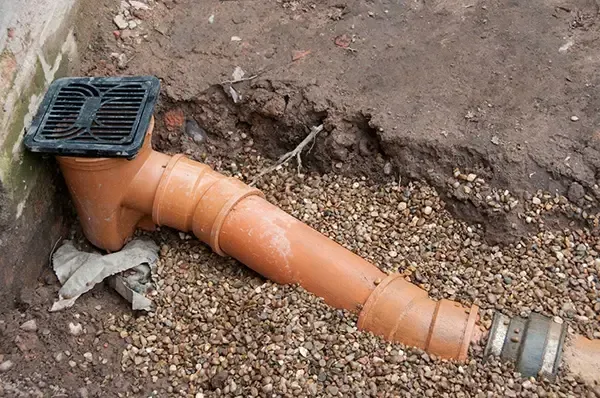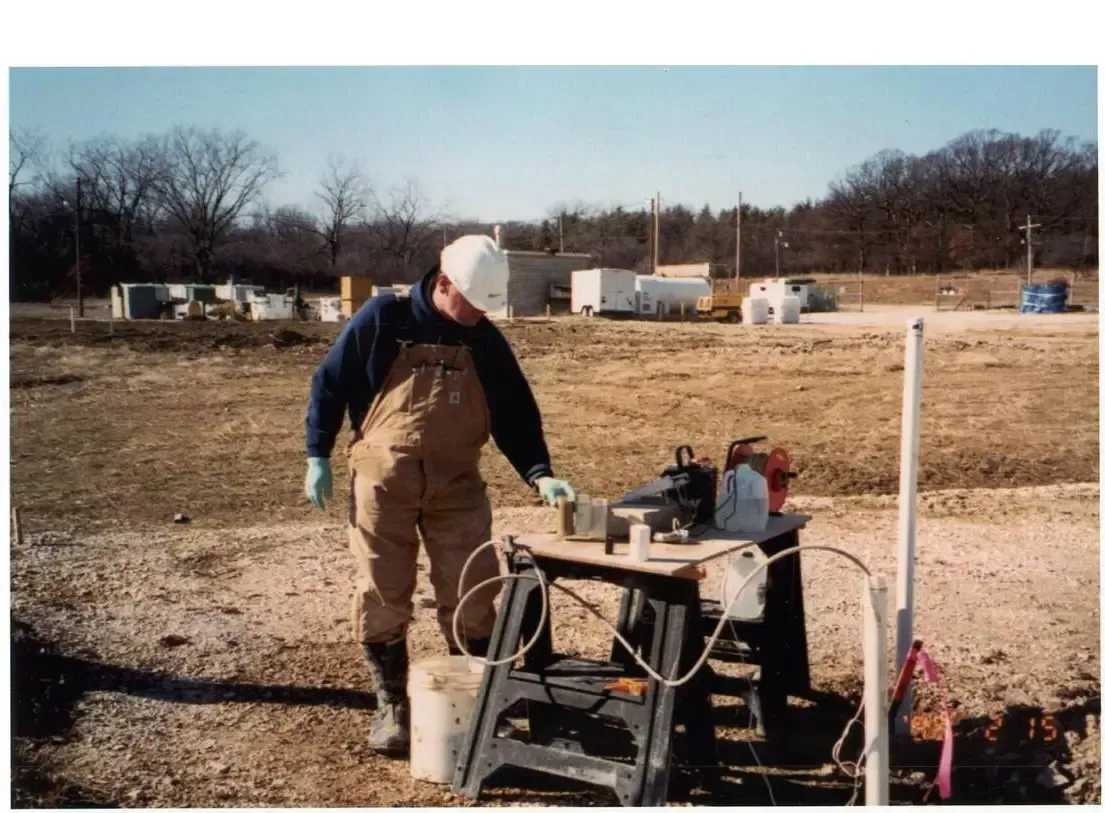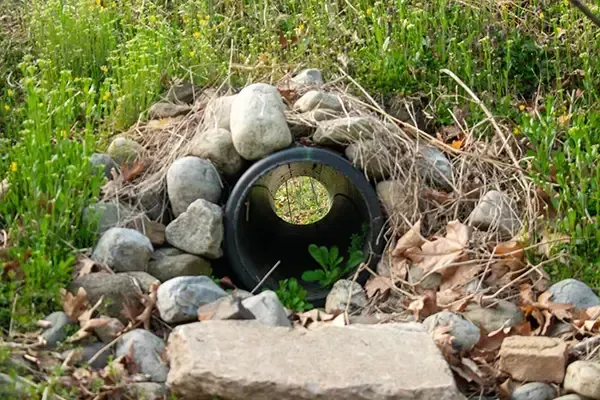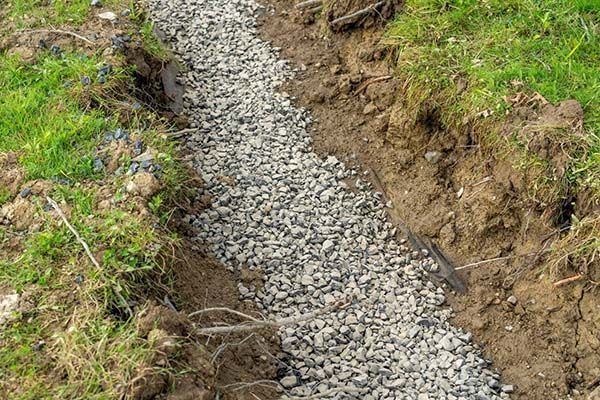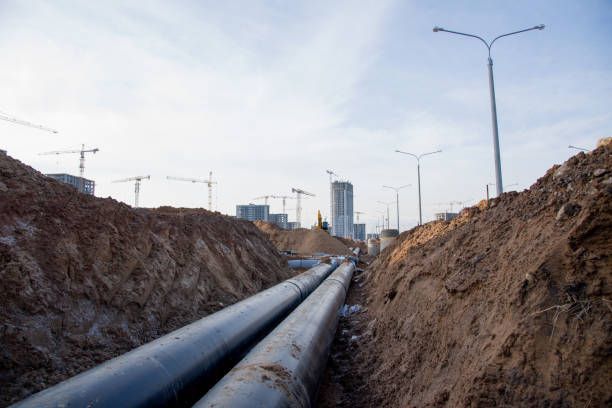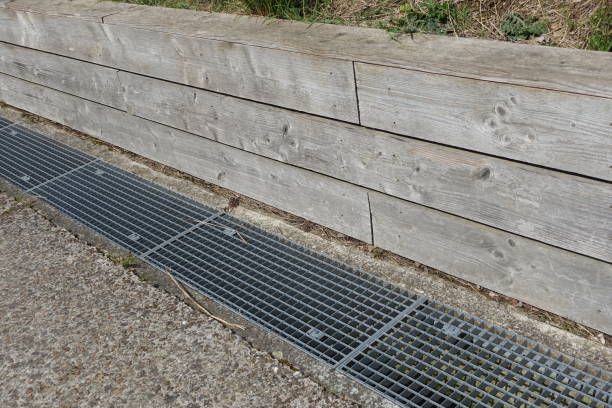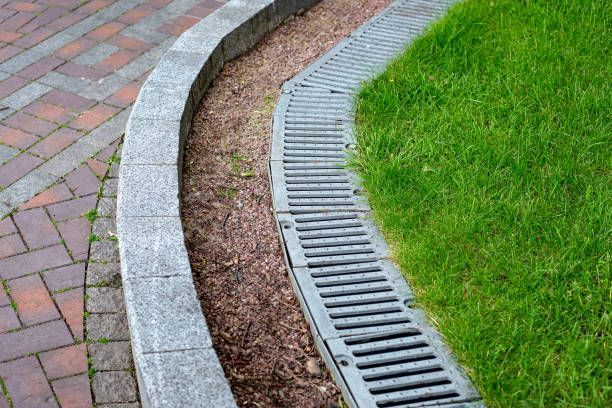Why Your Home Needs an Internal French Drain System
Why Your Home Needs an Internal French Drain System
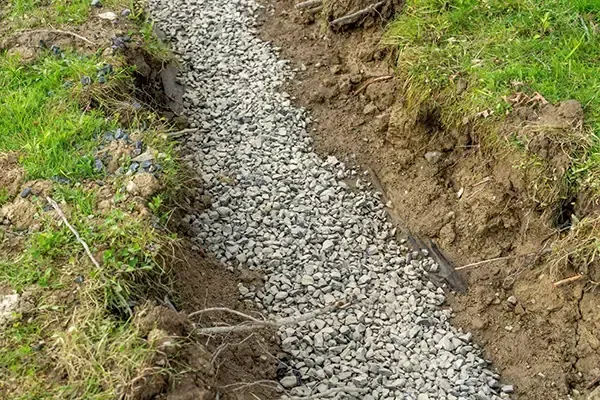
Water invasion can cause destructive damage to our homes, including structural harm and mold growth, especially for those in flood-prone areas. An effective solution is the internal French drain system.
It's a valuable investment that safeguards your home structure, prevents mold growth, and protects your belongings. Let's discuss the benefits of this system and why it might be your needed game-changer.
Understanding the Basics of an Internal French Drain System
An internal French drain system is a highly effective solution to prevent basement flooding. It captures and redirects water, keeping your basement dry without the need for major exterior work.
What Is an Internal French Drain?
An internal French drain is a trench filled with gravel or rock and a perforated pipe, installed inside your basement.
How It Works:
- Water Collection: Captures water that seeps into the basement.
- Redirection: The perforated pipe directs the water to a sump pump.
- Sump Pump: Discharges the collected water out of your home.
Why Choose an Internal French Drain?
This system is a smart, less disruptive alternative to exterior excavation.
Benefits:
- No Exterior Digging: This avoids costly and disruptive excavation work.
- Prevents Basement Flooding: Redirects water away from the foundation.
- Proactive Approach: Keeps your basement dry without relying on external drainage systems.
With a basic understanding of how an internal French drain works, you’re ready to dive into its advantages in the next section.
Key Benefits of Installing an Internal French Drain System in Your Home
Installing an internal French
drain system is a significant investment, but it offers a wide range of valuable benefits for your home and well-being.
Protects Against Basement Flooding
An internal French drain is your first line of defense against basement flooding.
Benefits:
- Prevents Water Damage: Stops water from entering and damaging your basement.
- Avoids Costly Repairs: Reduces the need for expensive repairs due to water damage.
Reduces Mold and Mildew Risk
Excess moisture in the basement can lead to mold and mildew growth, which can affect both your home and your health.
Health Benefits:
- Prevents Mold Growth: Helps maintain a dry environment, reducing the likelihood of mold.
- Improves Indoor Air Quality: Reduces allergens and improves overall home air quality.
Increases Property Value
Installing an internal French drain is seen as a valuable home improvement.
Property Value Perks:
- Attractive to Buyers: Potential buyers appreciate the added protection from water damage.
- Boosts Home Value: Increases the overall resale value of your home.
Provides Peace of Mind
With an internal French drain, you can rest easy, knowing your home is protected from water damage.
Peace of Mind:
- Proactive Protection: You can feel confident knowing you've taken measures to safeguard your home.
- No More Worries About Heavy Rains: Stay worry-free even during storms or heavy rainfall.
By installing an internal French drain, you’re not only preventing flooding and water damage but also enhancing the value and livability of your home
Steps to Implement an Effective Internal French Drain System
Installing an internal French drain system can be a rewarding project. Follow these steps to ensure effective installation and long-term protection for your home.
Identify the Best Location
The first step is to determine where the drainage system will be most effective.
Considerations:
- Water Accumulation Areas: Look for consistent pooling spots in your basement.
- Path to Sump Pump: Ensure the drain will direct water toward the sump pump or a safe exit point.
Dig the Trench
Once the location is set, dig a trench along the identified path.
Trench Tips:
- Depth: The trench should be deep enough to accommodate the pipe and gravel.
- Slope: Maintain a slight slope towards the sump pump to allow proper water flow.
Lay Gravel and Fabric
Create a stable base for the drainpipe by laying gravel and water-permeable fabric.
Steps:
- Gravel Layer: Provides drainage and prevents soil from clogging the pipe.
- Fabric Layer: Keeps dirt and debris from entering the system, ensuring water flows freely.
Install the Drainpipe
Place the perforated PVC drainpipe in the trench, ensuring it slopes toward the sump pump.
Installation Tips:
- Slope: Ensure the pipe has a steady incline to guide water effectively.
- Pipe Placement: Position the perforated pipe with the holes facing down for optimal drainage.
Cover and Seal the Trench
Once the pipe is in place, cover it with more gravel, fabric, and then seal the trench with concrete.
Final Steps:
- More Gravel and Fabric: Add these layers to protect the pipe and ensure proper filtration.
- Seal with Concrete: Secure the system and restore the basement floor for a smooth, even surface.
An internal French drain system is a significant investment that offers effective protection against basement flooding and water damage. It not only secures your home's structure but also enhances your property's value and improves your indoor air quality by reducing the risk of mold and mildew.
By following the steps outlined above, you can ensure a successful installation and enjoy peace of mind, knowing your home is well-protected. Don't let the threat of water damage keep you up at night; consider investing in an internal French drain system today.
